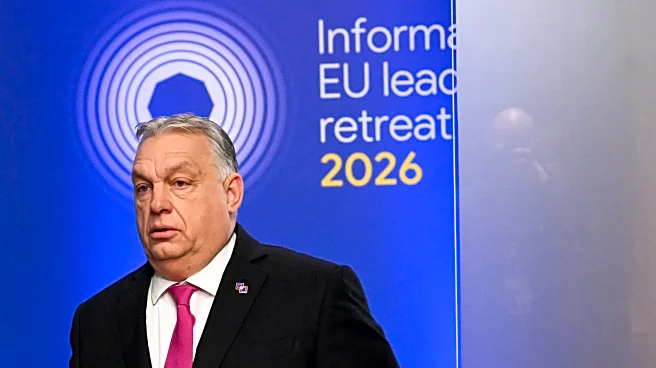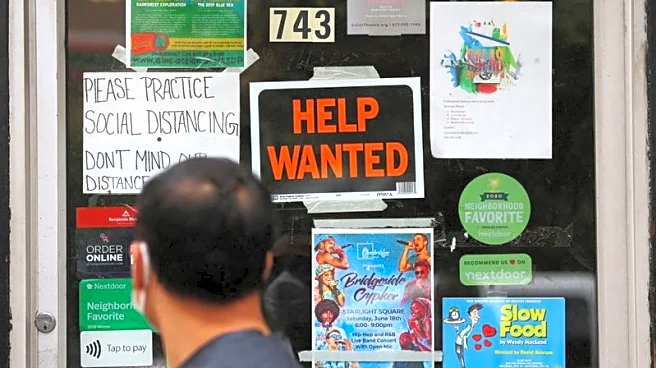What's Happening?
The United Nations is set to cut $500 million from its 2026 budget and reduce its workforce by 20% following significant funding cuts from the United States. The UN's core budget will decrease from $3.7 billion to approximately $3.2 billion, resulting in a 15.1% reduction in resources and an 18.8% cut in staff positions. These cuts are part of a broader trend initiated during President Trump's administration, which has seen a reduction in US foreign aid funding. The US contributes 22% of the UN's regular budget, 25% of the peacekeeping budget, and 40% of the humanitarian budget. The cuts will affect various UN agencies, including those focused on peacekeeping, humanitarian aid, and health.
Why It's Important?
The reduction in US funding to the UN has significant implications for global aid programs and international cooperation. The cuts could weaken the UN's ability to address global challenges such as peacekeeping, humanitarian crises, and health emergencies. The US's withdrawal from multilateralism may lead to a diminished role for the UN in global governance, potentially affecting international stability and cooperation. The funding cuts also highlight the ongoing debate over the US's role in international organizations and its commitment to global partnerships.
What's Next?
The UN is expected to undergo a review of its operations to streamline its agencies and reduce inefficiencies. This process, known as UN80, aims to consolidate the UN's functions into three key pillars: peace and security, human rights, and development. The UN will need to justify the existence of its various agencies and their mandates, potentially leading to further restructuring. The impact of the US funding cuts will continue to be felt as the UN seeks to adapt to a reduced budget and maintain its global initiatives.
Beyond the Headlines
The funding cuts raise ethical and strategic questions about the future of international cooperation and the role of the US in global governance. The UN's ability to fulfill its mission may be compromised, leading to potential gaps in addressing global issues. The situation underscores the importance of sustainable funding models and the need for diversified financial support for international organizations.












